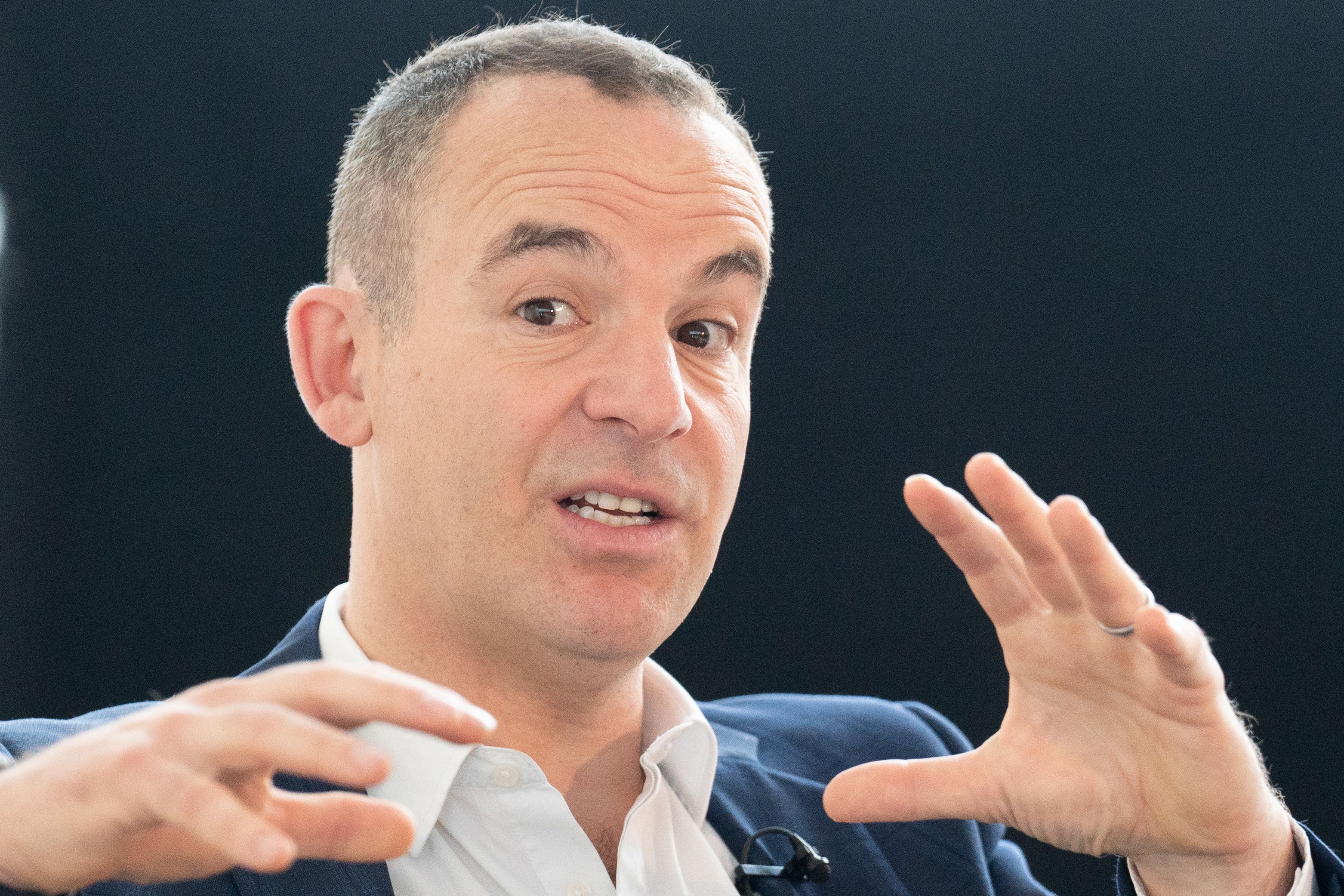Martin Lewis explains why he is paying for Twitter’s ‘blue tick’
‘I’m in a peculiar position’

Your support helps us to tell the story
From reproductive rights to climate change to Big Tech, The Independent is on the ground when the story is developing. Whether it's investigating the financials of Elon Musk's pro-Trump PAC or producing our latest documentary, 'The A Word', which shines a light on the American women fighting for reproductive rights, we know how important it is to parse out the facts from the messaging.
At such a critical moment in US history, we need reporters on the ground. Your donation allows us to keep sending journalists to speak to both sides of the story.
The Independent is trusted by Americans across the entire political spectrum. And unlike many other quality news outlets, we choose not to lock Americans out of our reporting and analysis with paywalls. We believe quality journalism should be available to everyone, paid for by those who can afford it.
Your support makes all the difference.Martin Lewis has explained that he feels “obligated” to pay for Twitter’s blue tick.
The money expert said that he is paying for Elon Musk’s ‘Twitter Blue’ service in an attempt to stop himself being impersonated on the platform.
But he said that his subscription should not be seen as a “recommendation, or support for the changes”.
Mr Lewis explained his decision in late March, when he began paying for the service before Mr Musk’s company dropped support for the old verification system.
Under that old system, notable users and organisations were given blue ticks to show they had been verified as really belonging to the person they claimed to be representing. It was an attempt to stop impersonation and other issues on the site.
But when Elon Musk bought Twitter in late October, he soon made clear that he thought that system was “corrupt” and that he would instead allow people to buy those blue ticks through a monthly subscription.
On 20 April, Twitter removed those old “legacy” blue ticks from people’s accounts. Now, only those who pay for the monthly subscription will have the mark shown on their profile.
That means that it instantly became clear who was paying the monthly subscription to Twitter, and led to some mockery of those that were.
Mr Lewis said that he had been subject to that mockery, with some users indicating they would be unfollowing him because he had paid for a blue tick. Some users suggested they had done so because it contradicted with his longstanding advice about ensuring value for money and not paying for unnecessary subscriptions.
But he took issue with users who had been informing him that they were unfollowing his account. “That is of course [your] prerogative, do what [you] feel is right - but [please] there’s no need to notify me.”
He also pointed to an explanation, posted in late March when he had first decided to pay, of why he had taken up the subscription.
“I’ve just paid for Twitter Blue verification, but pls don’t read-across that this is a recommendation, or support for the changes. I’m in a peculiar position that scammers commonly impersonate me to steal from the vulnerable, so I feel obligated to do it to reduce that risk,” he wrote.
He also said that having the subscription had been “useful ammunition when pushing Twitter to remove a fake ‘verified’ account of me”. In the early days of ‘Twitter Blue’, such impersonation was particularly common, with scammers establishing fake accounts that looked as if they were real because they had paid for that blue tick.
Martin Lewis has been subject to impersonation across the internet, in large part because of the respect he commands on financial matters. On Facebook and other sites, scammers regularly use his image to promote cryptocurrency or other investments, with the false suggestion that he has endorsed them.
Join our commenting forum
Join thought-provoking conversations, follow other Independent readers and see their replies
Comments